Some diets shun them, but research hasn’t concluded that they’re harmful
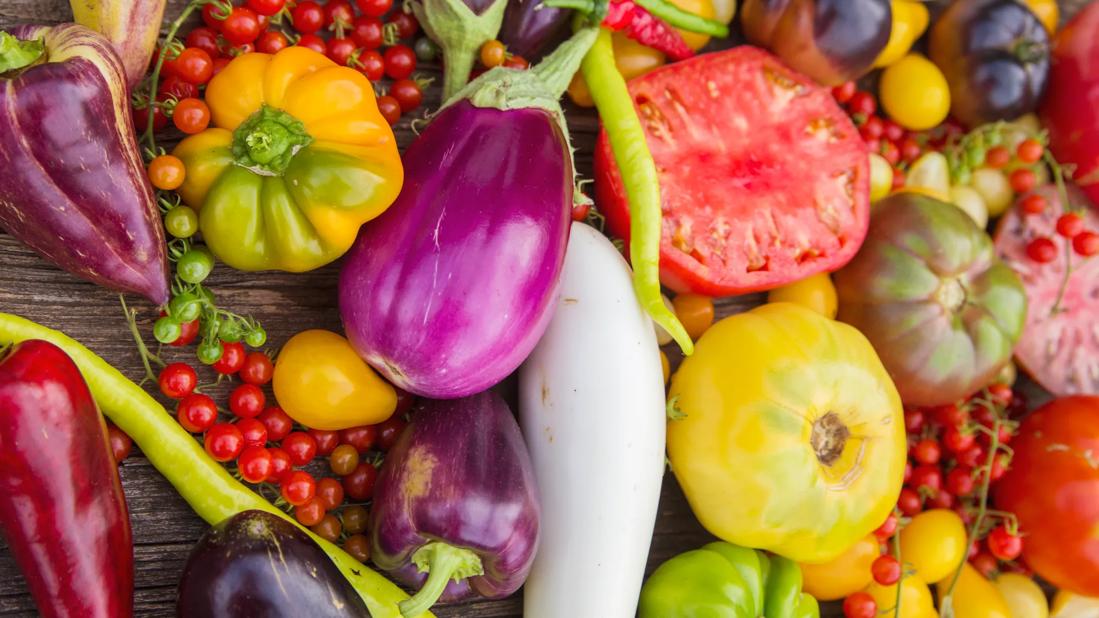
Nightshade vegetables — think tomatoes, potatoes and eggplants — tend to get a bad reputation. Some people think they can cause inflammation, but there’s no proof that’s the case.
Advertisement
Cleveland Clinic is a non-profit academic medical center. Advertising on our site helps support our mission. We do not endorse non-Cleveland Clinic products or services. Policy
So, should you avoid nightshades or are they OK to eat? Registered dietitian Julia Zumpano, RD, LD, explains what we know about nightshades.
Nightshades are a botanical family of foods and spices that contain chemical compounds called alkaloids.
Common edible nightshades include:
These vegetables in the nightshade family (some of which are actually fruits) are highly nutritious staples in many cultures.
A single bell pepper, for example, contains well over the recommended daily amount of vitamin C, and tomatoes are a major source of the antioxidant lycopene, which some studies have associated with decreased risk of certain types of cancer.
The jury is still out.
Remember how nightshades contain small amounts of alkaloids? Alkaloids can be dangerous in large doses. In fact, there are many other plants in the nightshade family that are poisonous to humans (like, ahem, tobacco).
Even though they contain low levels of alkaloids, edible nightshades might, to some people, seem guilty by association. And some people also seem to think they promote inflammation — the root of many health problems.
Advertisement
While there haven’t been any large-scale studies demonstrating this, some diet plans exclude nightshades, claiming that people report feeling better when they don’t eat them.
But that doesn’t mean everyone should be cutting them out of their diet.
“A food sensitivity is very patient-specific and can often be a symptom of another imbalance rather than a permanent problem with that food,” states Zumpano.
While there’s no concrete evidence that nightshades are harmful, Zumpano says people with inflammatory or autoimmune conditions like arthritis, psoriasis and possibly inflammatory bowel disease may benefit from reducing how many nightshades they eat.
“If nightshades are a trigger for inflammation, it’s typically a message that there is an underlying imbalance perpetuating chronic, low levels of inflammation, and nightshades are just fuel for the fire,” she clarifies.
Also, just like any food, it’s possible to be intolerant to nightshades. If you think you have a sensitivity to nightshades, Zumpano recommends cutting them out for a few weeks while keeping a close eye on symptoms to test for tolerance.
“If avoiding nightshades improves symptoms, then your healthcare provider can determine the root cause of inflammation and likely help you improve your tolerance to nightshade foods over time,” she says.
For most people, there’s no need to avoid nightshades, as studies haven’t linked them to negative health consequences.
“These foods are incredibly healthy and offer more health benefits than costs,” Zumpano says.
If you prefer to eliminate nightshades, it’s important to make sure you’re still getting important vitamins and antioxidants from other sources.
Zumpano recommends using beets to make a “no-mato” sauce, swapping white potatoes for sweet and using Italian spices like basil, thyme and rosemary instead of cayenne or paprika.
“Nightshades are a group of foods that offer many health benefits. If you notice they increase symptoms of inflammation, cut them out of your diet for a few weeks to determine if they’re a trigger,” says Zumpano. “Then, you can add them back in slowly, one food at a time, to assess tolerance. Talk to a dietitian to help you find the eating plan that is best for you.”
Advertisement
Learn more about our editorial process.
Advertisement

This versatile type of seaweed may help support weight loss, bone health and cancer prevention

Pickles are low in fat and calories and rich in some vitamins and minerals, but they’re usually high in sodium
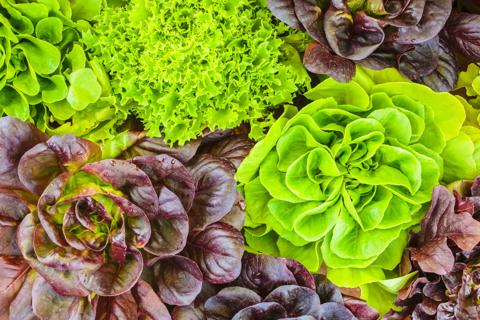
Lettuce is a versatile vegetable loaded with antioxidants and good-for-you nutrients
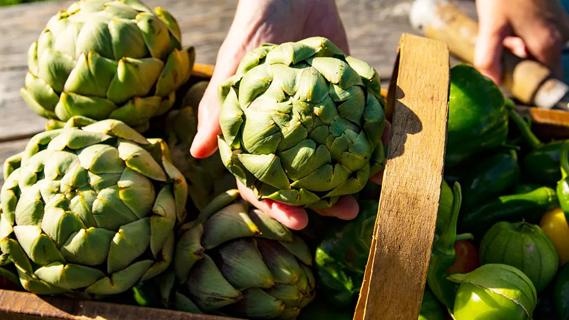
This unique-looking veggie is fiber-dense and antioxidant-rich, and can improve the health of your gut, liver and heart
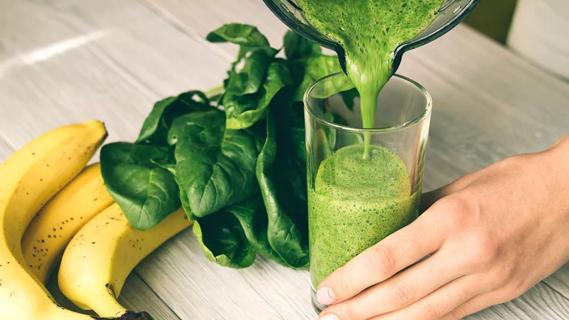
Vitamin-packed and antioxidant-rich, spinach can benefit your brain, eyes, blood and more
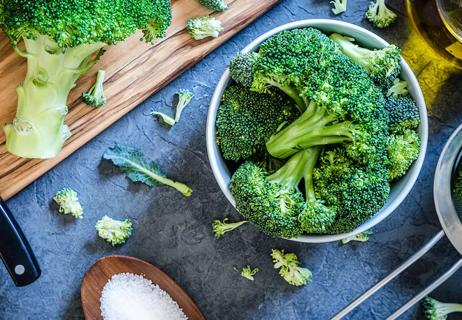
These ‘tiny trees’ provide disease-fighting nutrients and may protect your gut

It’s the flavor of fall, but it’s good to be wise about how you consume it
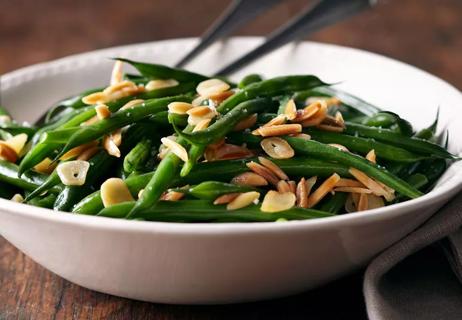
This classic veggie can boost your heart health, help with digestion, fight off hunger and more

If you’re feeling short of breath, sleep can be tough — propping yourself up or sleeping on your side may help

If you fear the unknown or find yourself needing reassurance often, you may identify with this attachment style

If you’re looking to boost your gut health, it’s better to get fiber from whole foods